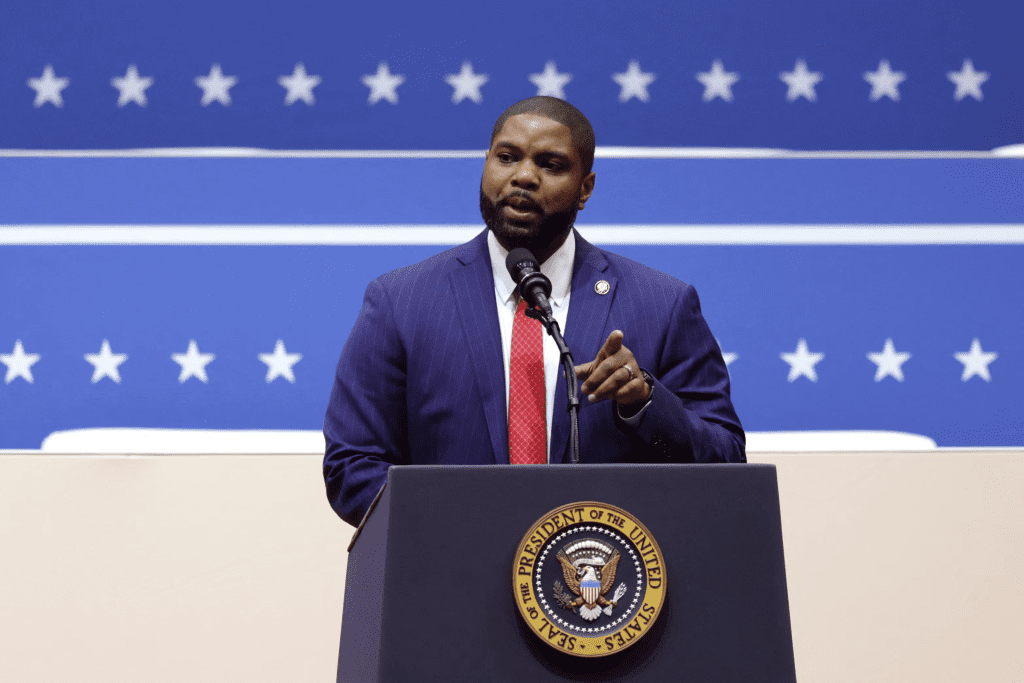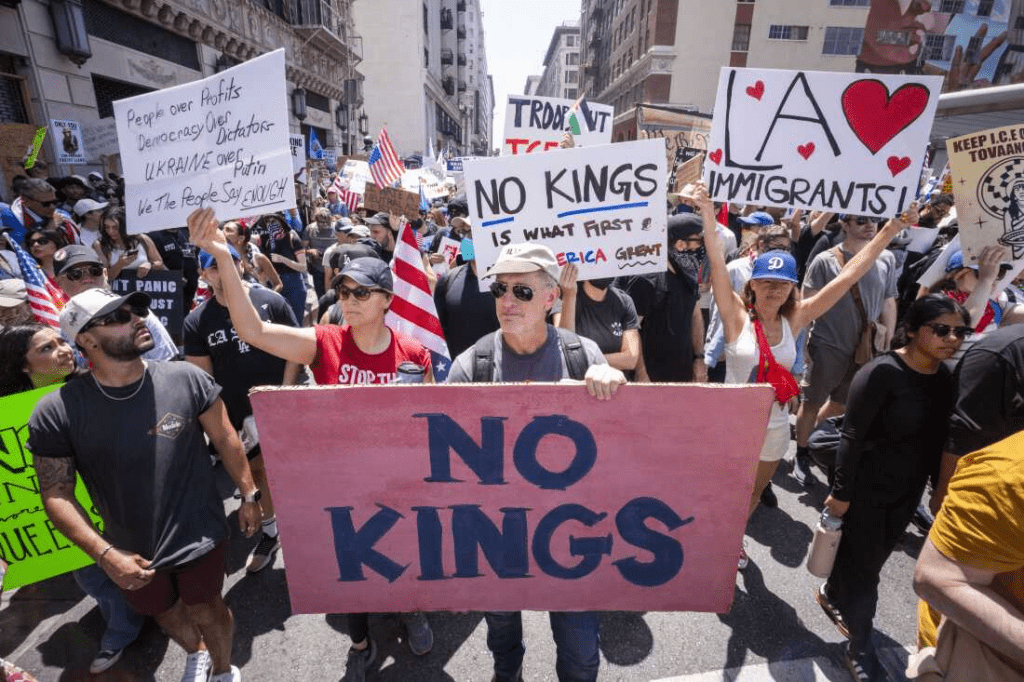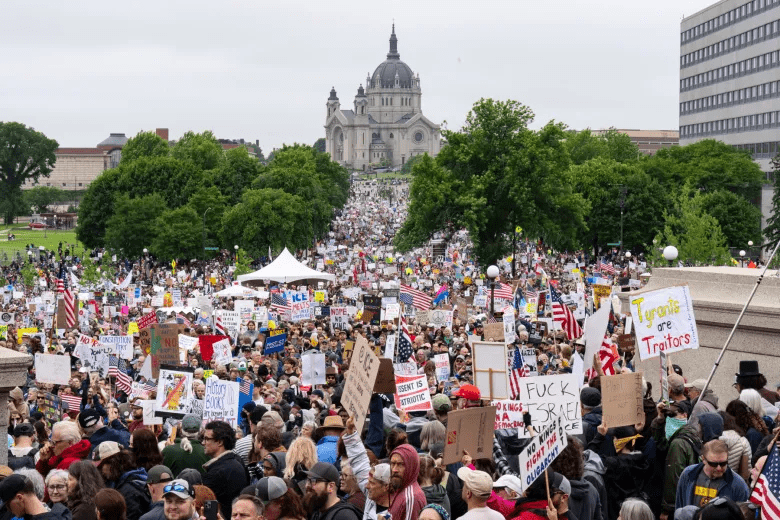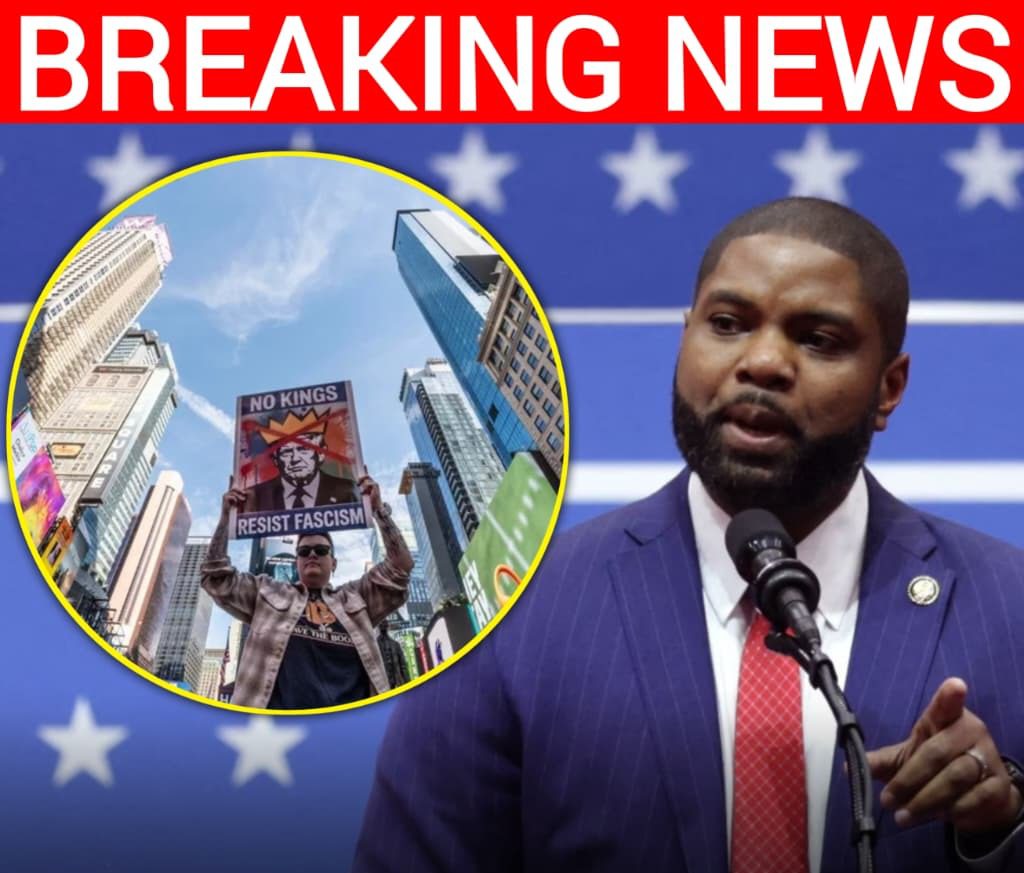Florida Congress Rep. Byron Donalds Drops a Bomb on “No Kings” Marchers, Accusing Them of Supporting Biden’s ‘Lawfare, Censorship & Vax Mandates’
When Byron Donalds stood before a packed crowd and delivered a blistering speech aimed at the No Kings protests, it marked one of the sharpest Republican responses to the nationwide October 18 mobilization. The protests, organized across more than 2,500 sites in all 50 states, were billed by left-leaning groups as a massive outpouring of dissent against what they describe as Donald Trump’s authoritarian tendencies in his second term. But Donalds saw the gatherings very differently, characterizing them as a cover for radical agendas and a threat to American values.

His remarks echoed through conservative media outlets as a warning shot. He accused the protesters and their organizers of attacking their opponents with lawfare, ignoring Supreme Court rulings, censoring the press and social media, and even mobilizing the FBI against parents and Catholics. He said they locked down cities and schools, forced vaccine mandates, covered up Biden’s mental decline, ran the country with an “autopen,” and deliberately broke the border. According to Donalds, this is the real authoritarian story — a narrative that casts Trump’s electoral landslide victory on November 5 as the people’s verdict against that agenda.
While the No Kings movement describes itself as peaceful and focused on defending democracy rather than undermining it, Republican leaders such as Speaker Mike Johnson have already framed the demonstrations as “hate America rallies” tied to extremist elements. Donalds’ speech fits squarely into that counter-narrative: portraying protesters as hypocrites whose own tactics mirror the authoritarianism they claim to fight.

Critics argue that Donalds’ rhetoric mischaracterizes the protests and feeds polarization, while supporters hail his message as a long-overdue pushback against what they see as left-wing control over institutions. Organizers of the No Kings events say the movement is decentralized, peaceful, and explicitly non-violent — made up of citizens alarmed by attacks on democratic norms. Still, the sheer size of the rallies, drawing millions across major cities like Los Angeles, New York, and Chicago, underscores how divided the country remains less than a year into Trump’s second term.

Donalds’ message resonates powerfully within conservative circles. By turning accusations of authoritarianism back toward Biden-era policies, he gives frustrated Trump supporters a rallying cry — one that reframes “resistance” as hypocrisy. His speech also taps into deep voter fatigue with political elites, positioning Trump’s win not just as a comeback but as retribution against years of what Republicans describe as censorship, overreach, and manipulation.

The timing of the comments adds even more weight. With the No Kings protests coinciding with an ongoing government shutdown and unrest in several major cities, Donalds’ fiery words amplify the sense of confrontation defining America’s political landscape. To many, this marks not just another partisan clash but a test of how far free speech, protest, and accountability can stretch before they break under the weight of mutual distrust.
For millions watching, one thing is clear — America’s divisions are no longer theoretical. As protests fill the streets and speeches like Donalds’ dominate airwaves, the question of who defines “freedom” and who embodies “authoritarianism” is no longer academic. It’s playing out in real time, in rallies, on screens, and in the hearts of a country that remains as polarized as ever.



